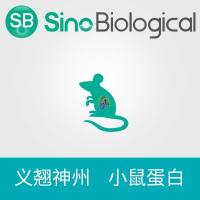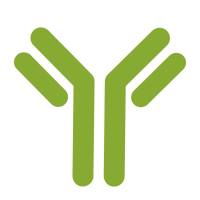The Human Mast Cell: An Overview
互联网
755
Mast cells are fascinating, multifunctional, tissue-dwelling cells that have been traditionally associated with the allergic response. However, recent studies suggest these cells may be capable of regulating inflammation, host defense, and innate immunity. The purpose of this review is to present salient aspects of mast cell biology in the context of mast cell function in physiology and disease. After their development from bone marrow-derived progenitor cells that are primed with stem cell factor, mast cells continue their maturation and differentiation in peripheral tissue, developing into two well-described subsets of cells, MCT and MCTC cells. These cells can be distinguished on the basis of their tissue location, dependence on T lymphocytes, and their granule contents. Mast cells can undergo activation by antigens/allergens (acting via the high-affinity receptor for immunoglobulin E, also referred to as FcεRI), superoxides, complement proteins, neuropeptides, and lipoproteins. After activation, mast cells express histamine, leukotrienes, and prostanoids, as well as proteases, and many cytokines and chemokines. These mediators may be pivotal to the genesis of an inflammatory response. By virtue of their location and mediator expression, mast cells may play an active role in many diseases, such as allergy, parasitic diseases, atherosclerosis, malignancy, asthma, pulmonary fibrosis, and arthritis. Recent data also suggest that mast cells play a vital role in host defense against pathogens by elaboration of tumor necrosis factor alpha. Mast cells also express the Toll-like receptor, which may further accentuate their role in the immune-inflammatory response. This chapter summarizes the many well-known and novel functional aspects of human mast cell biology and emphasizes their unique role in the inflammatory response.









